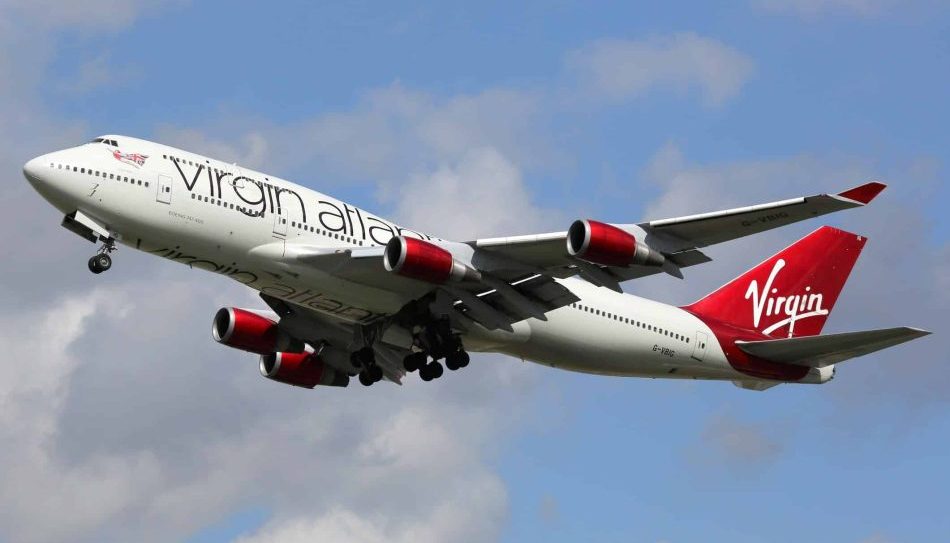Virgin Atlantic’s advert, which claimed that the airline’s Flight 100 was the first to fly transatlantic using 100 percent sustainable aviation fuel, has been banned by the Advertising Standards Authority (ASA). The ad, broadcast on November 24, suggested that the flight from London Heathrow to New York’s JFK was powered entirely by fuel with zero environmental impact.
The ASA received five complaints arguing that the “100% sustainable” claim misrepresented the environmental benefits of the fuel used. The complaints centered on the notion that the ad implied the fuel was entirely free of CO2 emissions and other environmental impacts, which was not the case.
Virgin Atlantic’s Defence
Virgin Atlantic said the ad’s language was consistent with terms used by the Department for Transport (DfT) in a competition they had won. The airline added that the ad did not claim the fuel was completely sustainable or devoid of emissions but merely highlighted that the flight was powered by sustainable aviation fuel. They noted that sustainable aviation fuel, while reducing overall CO2 emissions compared to traditional jet fuel, still produces carbon emissions during flight.
The airline explained that sustainable aviation fuel produces the same CO2 emissions during flight as conventional jet fuel. However, since the fuel is derived from recently captured atmospheric carbon, it offers relative CO2 savings compared to fossil fuels. Virgin Atlantic claimed that Flight 100 achieved a 64 percent reduction in lifecycle CO2 emissions compared to fossil fuel.
ASA’s Ruling
The ASA found the ad misleading, as it suggested that sustainable aviation fuel had no carbon emissions or broader environmental impact, which was inaccurate. The authority emphasized that while sustainable aviation fuel results in lower carbon emissions than traditional jet fuel, it still contributes to greenhouse gas emissions and has environmental trade-offs.
Miles Lockwood, the ASA’s director of complaints and investigations, said:
“Our rulings have made it clear that businesses need to be wary of using statements like ‘100% sustainable’ or ‘sustainable’ when advertising their products and services.
“Claiming that a product or service is sustainable creates an impression that it is not causing harm to the environment and for that reason we expect to see robust evidence that this is the case.
“In this case, while sustainable aviation fuel does emit less carbon emissions than regular aviation fuel, it nevertheless still generates significant carbon and non-carbon emissions in-flight and its production at scale can have wider environmental costs and trade-offs.
“Because of that, it’s important that claims for sustainable aviation fuel spell out what the reality is so consumers aren’t misled into thinking that the flight they are taking is greener than it really is.”
Virgin Atlantic’s Response
A Virgin Atlantic spokeswoman said:
“We’re committed to achieving net zero by 2050 and key to this will be using sustainable aviation fuel, which is one of the most immediate levers to decarbonising long haul aviation.
“Flight 100 proved that sustainable aviation fuel is a safe, 100% drop-in replacement for fossil fuel and while 100% adoption across every flight may be decades away, we demonstrated the radical collaboration required to drive increased production, supply and uptake in the UK.
“While we are disappointed that the ASA has ruled in favour of a small number of complaints, we remain committed to open, accurate and transparent engagement on the challenge of decarbonisation.”




